







Read More
MA in Applied Psychology is an in-depth study of Psychology, which focuses on the principles, concepts, and theories to solve human problems, experienced in every field. The programme of Applied Psychology is oriented toward solving practical problems and translating the fruits of our scientific labour into the real world. With a Master in Applied Psychology programme in India, learners can solve challenging problems of every day that intersect with human behaviour. This programme typically includes the study of cognitive, developmental, organizational, health, and clinical as well as research and statistics. The Masters in Applied Psychology course consists of two years of full-time university-level study. It aims to prepare students for effective professional practice as psychologists in organizations and practical settings. Moreover, it further prepares one for studies in Research and Practice.
Year wise Course Details
Courses for this semester
course will provide understanding and knowledge of statistical methods, testing hypothesis, performing data analysis
Applied Cognitive psychology combines laboratory-based approaches with a wide range of methods adapted to studying everyday issues. This course will first teach students about both types of methods and will also underline the fruitful interaction between the study of our cognitive skills in natural settings and rigorous lab work, and how methodological eclecticism has served the study of cognition well. The course explores the aspects of "cold cognition" such as memory, attention, and language, with the integration of "hot cognition" which is the relationship between cognitive processes such as emotions, motivation, decision-making, and communication and how they apply to situations of everyday life.
Indian psychology aims to circumscribe what passes off as the discipline of psychology into a culturally located form: its primarily Western origin and environment. Foregrounding the need for situated knowledge, the course questions the relevance of psychology emanating primarily from West/Europe to Non-western and Non-European cultures, experiences, and psyches and attempts to look for resources for culturally sensitive psychology.
This course is an introduction to the study of psychopathology. It focuses on theoretical models of abnormal behavior as they relate to the definition, etiology, and treatment of mental disorders. Diagnostic classification and behavioral and biological features of the major syndromes of psychopathology are emphasized.
The teaching contains central concepts, issues, and work methods in community psychology. This includes change processes at the community level, locally based intervention methods, and methods for evaluation of implemented actions. Community psychology perspectives for improving mental health and mental health problems amongst adolescents at school are focused. A further focus is on community psychology methods for working with marginalized groups. Framework conditions important for the operational planning of community psychology interventions will be reviewed. Relevant topics are as follows: Empowerment, coping, and social support; the relationship between power, politics, and psychology; a sense of community; system approaches in change processes at the community level; use of local community resources when working with health problems among individuals and groups; user-directed involvement in change processes; contextual understanding of psychological and mental health problems; community-level political and administrative structure and functioning; and evaluation methodology.
This course provides students the opportunity to practice and provide a variety of counseling related activities that would normally be expected of a regularly employed counselor. Prior to starting out the third semester, students must complete at least 30 days of block internship with hospitals, organizations, or clinics under a clinical psychologist/psychiatrist. During the third semester, the students should attend organizations.
MOOCs are online courses mandatory for students to get enrolled in. MOOCs provide an affordable and flexible way to learn new skills, advance their career and deliver quality educational experiences at scale.
This course is designed to train students in the conduct of a systematic literature review and develop the skills to conduct a review built on the framework of evidence-based practice, an increasingly important standard in the arena of literature reviews. This course combines didactic classroom sessions with substantial project work to create a systematic literature review. Students will be taught how to perform each step in a review and will then be expected to apply it to a topic of their choosing. They will get feedback at each stage in the process. The final deliverable for the course will be a systematic literature review.
Courses for this semester
To help the students appreciate the essential complementarily between 'VALUES' and 'SKILLS' to ensure sustained happiness and prosperity, which are the core aspirations of all human being.
This course aims to introduce students to psychological assessment principles and practice. The course will focus on a small number of widely used norm-referenced tests of intellectual ability, work aptitudes, personality, vocational interests, attitudes, and values, and how these tests are used individually and in combination as part of psychological assessment in organizations. Consideration will also be given to interviewing as an assessment tool and to tests of the environment and organizational culture. Students will become familiar with the strengths, limitations, interpretation, and presentation of findings from various assessment instruments and will learn skills in assessment planning and report writing. Students will learn about the ethical and social implications of assessment in a variety of contexts including socially and linguistically diverse populations. Opportunities for practice administration of assessment tools will be provided.
GE is provided through Coursera Platform, which is an online course where students are allowed to take a course from another discipline per semester based on the hours with relevance to the credit and the courses are provided from the international universities across the world. During the courses, students must submit assignments, quizzes.
This course is intended to provide a basic introduction to the professional issues, theories, and techniques in counseling and psychotherapy. Theories that will be covered include psychodynamic, humanistic, cognitive, and behavioral approaches. Theories will be examined in relation to their key concepts, view of human nature, therapeutic process, techniques, and procedures. Theories will be critiqued and evaluated with special emphasis on cultural issues, ethical issues, and intervention strategies designed to assist individuals in personal growth and development.
A specialized counseling field placement in a professional, clinically-oriented setting or setting compatible with the student’s personal career goals under the direction of an approved on-site clinical supervisor. Prior to starting out the third semester, students must complete at least 30 days of block internship with hospitals, organizations, or clinics under a clinical psychologist/psychiatrist. During the third semester, the students should attend organizations. Expected learning should be with the following aspects: 1. Organizational Visit for 16 days is compulsory for the M.A Applied Psychology students. 2. Students will be divided into groups for one-to-one learning and for effective participation. 3. Students should prepare a psychological report and submit it to their respective faculty supervisor.
This course offers "An overview of research methodology including basic concepts employed in quantitative and qualitative research methods. Includes computer applications for research.
This course introduces students to the prominent theories of personality within the field of psychology. Students will review various theoretical models, the historical context in which they were developed, and how empirical research has been formed by these theories. The course also aims to introduce students to various indigenous understandings of personality.
This course is designed to train students in the conduct of a systematic literature review and develop the skills to conduct a review built on the framework of evidence-based practice, an increasingly important standard in the arena of literature reviews. This course combines didactic classroom sessions with substantial project work to create a systematic literature review. Students will be taught how to perform each step in a review and will then be expected to apply it to a topic of their choosing. They will get feedback at each stage in the process. The final deliverable for the course will be a systematic literature review.
This course aims to improve students' scientific writing skills and presentation skills. To that end, students will work on article-based writing assignments, following the guidelines of the 7 th edition of the American Psychological Association (APA) Publication Manual. Also, students will work on journal articles and poster-making presentation assignments.
MOOCs are online courses mandatory for students to get enrolled in. MOOCs provide an affordable and flexible way to learn new skills, advance their career and deliver quality educational experiences at scale.
Courses for this semester
The course focuses on developing students' skills in critically reviewing and assessing scientific literature. Students will learn to write and present comprehensive overviews of relevant literature for specific research topics. The course emphasizes the identification and utilization of key textbooks,
The "MOOCS CE III" course focuses on the design and implementation of Massive Open Online Courses (MOOCs). Participants will learn about the principles of online education, including accessibility and engagement strategies for unlimited learners. The course covers the technological infrastructure needed for delivering content effectively and explores various pedagogical approaches to enhance learning outcomes. Emphasizing practical applications, students will engage in discussions about best practices in course creation and management. By the end, learners will be equipped to design their own MOOCs, understanding the challenges and opportunities in the realm of open online education
This course focuses on enhancing students' understanding of key concepts and theories while developing critical thinking and effective communication skills. Through a combination of course materials, practical examples, and collaborative projects, students will learn to analyze information critically, propose evidence-based solutions, and communicate ideas clearly in both written and spoken formats.
The Counseling Psychology course provides an in-depth understanding of psychological processes and the counseling profession. Students learn various counseling methods, techniques, and therapies, focusing on the interpersonal dynamics of helping relationships. The course covers fundamental principles of counseling, ethical considerations, and practical skills necessary for effective client support. It aims to equip students with the knowledge to facilitate personal development and adjustment in various contexts, including vocational and personal challenges. Emphasizing both theory and practice, this course prepares graduates for roles in mental health settings and community support services
The Positive Psychology course explores the scientific study of optimal human functioning and well-being. It emphasizes strengths, happiness, and the factors that contribute to a fulfilling life. Students learn about key concepts such as resilience, gratitude, and mindfulness, as well as interventions that promote positive mental health. The course integrates research findings with practical applications, preparing participants to apply positive psychology principles in personal and professional settings. By focusing on what makes life worthwhile, this course aims to enhance individual and societal well-being.
The Child and Adolescent Psychology course provides an in-depth understanding of psychological development from infancy through adolescence. It covers essential theories of child development, including cognitive, emotional, and social aspects, highlighting key milestones and challenges faced during these stages. Students explore various psychological disorders and effective intervention strategies tailored for children and adolescents. The course also emphasizes the role of environmental influences, such as family dynamics and educational settings, in shaping behavior and mental health. Practical applications and research methodologies in child and adolescent psychology are integral components, preparing students for careers in clinical and educational settings.
The Clinical Supervised Internship is a vital component of professional training, offering hands-on experience in a clinical setting under the guidance of experienced supervisors. Interns engage in direct provision of clinical services, participating in individual and group supervision sessions that foster skill development and ethical practice .This internship helps interns evaluate their readiness for real-world clinical work, ensuring they acquire essential competencies in patient assessment and treatment planning . Overall, it is a crucial step towards becoming a qualified healthcare professional.
The "Managing Cybersecurity Incidents and Disasters" course focuses on contingency planning essential for preparing and managing cybersecurity incidents, such as hacking attempts and system breaches. It teaches participants to define and characterize key elements of incident response and disaster recovery. The curriculum covers practical strategies for dealing with non-normal operations, ensuring that organizations can effectively respond to and recover from various cyber threats. Students will learn how to assess vulnerabilities, implement incident response plans, and execute recovery procedures to minimize impact. This comprehensive approach equips learners with the skills necessary to enhance their organization’s resilience against cyber attacks and improve overall security posture.
This course focuses on enhancing students' understanding of key concepts and theories while developing critical thinking and effective communication skills. Through a combination of course materials, practical examples, and collaborative projects, students will learn to analyze information critically, propose evidence-based solutions, and communicate ideas clearly in both written and spoken formats.
The course on techno-professional skills in psychology focuses on developing essential competencies for effective practice in the field. Key skills include advanced communication techniques, emotional intelligence, and organizational abilities, which are critical for interacting with clients and conducting assessments . The curriculum often encompasses practical training in project design, testing, and presentation skills, enhancing both individual and group work capabilities . By integrating theoretical knowledge with practical applications, the course aims to prepare students for successful careers in psychological research and practice.
The course on Research Ethics provides a comprehensive understanding of the moral principles guiding researchers in the planning, conduct, and reporting of their studies. It emphasizes the importance of conducting research without deception and ensuring the welfare of participants. Participants will explore the ethical considerations that must be adhered to in order to maintain integrity in research practices. Key topics include the formulation of ethical research questions, informed consent, confidentiality, and the responsibilities researchers have toward their subjects and the broader community. By engaging in case studies and discussions, learners will develop the skills.
Courses for this semester
This course allows students to follow a particular topic in depth and develop independent research skills. It helps the students to gather primary data, to write a report covering a review of relevant literature, the research question, and explanation and justification of the design, a description of the conduct and analysis of the data, and a discussion of the findings therein. The aim of present course is to enable students to get a first-hand understanding of research issues and their implications in the field of psychology.
This course provides students the opportunity to practice and provide a variety of counseling-related activities that would normally be expected of a regularly employed counselor. Prior to starting out the third semester, students must complete at least 30 days of block internship with hospitals, organizations, or clinics under a clinical psychologist/psychiatrist. During the third semester, the students should attend organizations. Expected learning should be with the following aspects: 1. Organizational Visit for 16 days is compulsory for the MA Psychology students. 2. Students will be divided into groups for one-to-one learning and for effective participation. 3. Students should prepare a psychological report and submit it to their respective faculty supervisor.
Corporate Psychology or as it is also known, Industrial/Organizational Psychology, is designed to introduce the student to the study of psychology as it is applied to the workplace. In this course, you will be introduced to the basic concepts and theories of I/O Psychology. We will study various research methods used in I/O psychology, as well as look at specific content areas such as human resources, psychological testing in the workplace, performance appraisal, leadership, and employee motivation just to name a few. Our goal in this course will be to apply the basic concepts to real-world situations so that the student will begin to think critically and creatively about work psychology. The information attained in this course can be applied to enhance the student’s own work experience.
Groups and teamwork will help the student improve the working relationships with other people in groups of three or more. The course also deals with project life cycles, project management, and the role of the leader.
This course examines the key concepts, themes, theories, and practices involved in peace psychology. Peace psychology is a broad discipline as conflict and the need for peace occur in all human arenas. Peace psychology research has been conducted in a variety of contexts examining such disparate concerns as domestic violence; school shootings; structural forms of violence (e.g., institutionalized forms of bias and the systematic violation of human rights); and mass violence, including ethnopolitical conflict, genocide, terrorism, and war. Peace psychologists have also worked to develop and assess programs aimed at teaching concepts and strategies of peace, effective conflict resolution skills, as well as reconciliation and reconstruction following the conflict.
This course offers an in-depth study of stress and stress management, applying recent scientific information to life situations. It is aimed at both psychology majors, and other students interested in the study of stress and overall well-being. It complements knowledge possessed by students in business and management, examining occupational stress, and spillover effects in work-life balance and personal wellbeing

CST- Common scholarship test is a national and international level online MCQ based examination funded for intellectual empowerment by Assam down town University.
CST- Maximum enrolment each year is 120 seats and any 10+2 students can apply. Adtu is northeast India’s first placement driven university to provide 100% scholarship benefits worth 10 cr.
CST aims to inspire brilliant and competent students to pursue further education. Accredited with a prestigious grade by NAAC, UGC and AICTE.
Explore more scholarships that can help you reach out your goal with financial aid.
This scholarship is valid on the basis of the board/university examination
| 95% & above | 100% Scholarship on all semester |
| 90%-94.9% | 50% Scholarship on all semester |
| 80%-89.9% | 25% Scholarship on all semester |
This scholarship is valid on the basis of the board/university exam
| National & International Level | 100% Scholarship on all semester |
| State Level | 50% Scholarship on all semester |
| District Level | 25% Scholarship on all semester |
This scholarship is valid on the basis of the board/university exam
| National & International Level | 100% Scholarship on all semester |
| State Level | 50% Scholarship on all semester |
| District Level & NCC Certificate Holder | 25% Scholarship on all semester |
Discover a multitude of world-class amenities and cutting-edge resources at Assam down town University, enhancing your academic journey to new heights.
The Start-Up & Incubation Centre at Assam down town University provides a supportive environment for young entrepreneurs to develop and grow their business ideas. The center provides mentorship, funding, and networking opportunities to help innovative ideas become successful businesses.
SFURTI scheme to support rural entrepreneurs and innovators, an initiative by the Ministry of MSME
TIDE 2.0 scheme for ICT-based startups which provides a grant of Rs. 4L and Rs. 7L under EiR and Grant categories respectively, an initiative by the Ministry of MeitY.
dtVL Ideation, an incubation program for early-stage entrepreneurs with a market-ready solution/product, offering interest-free loans up to Rs. 2 lakhs.
Sprout UP, an incubation program for students, faculties, and researchers with innovative business ideas, prototypes, or technology solutions.

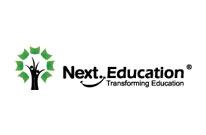

.png)

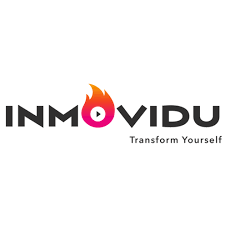






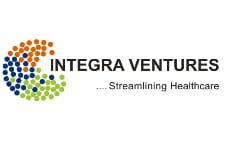












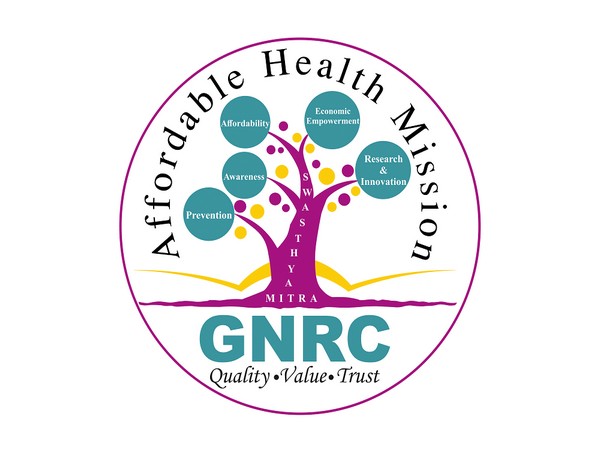






.jpg)
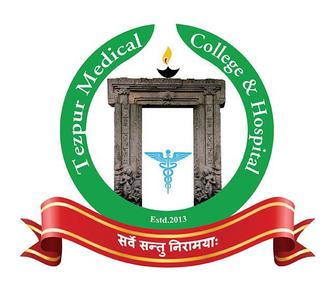

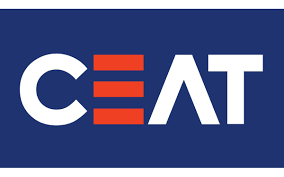
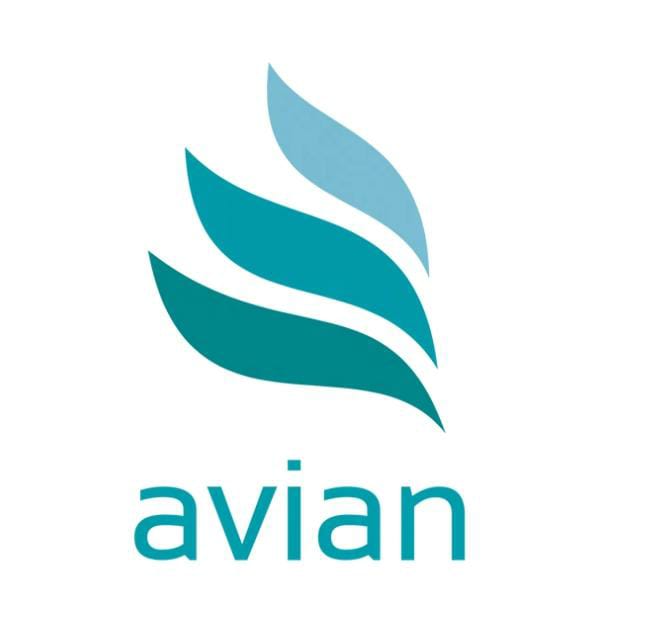







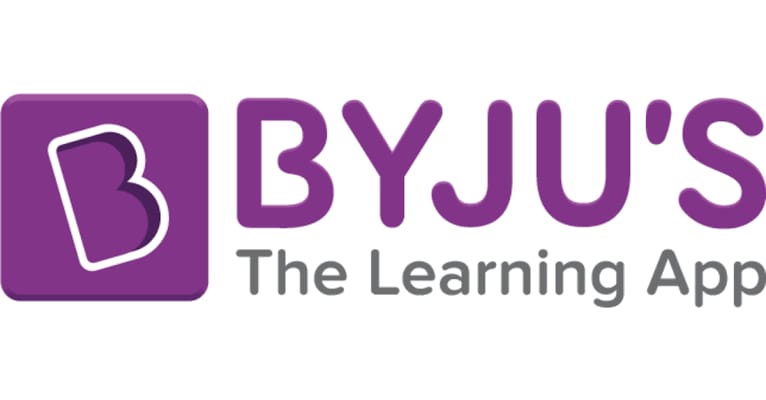
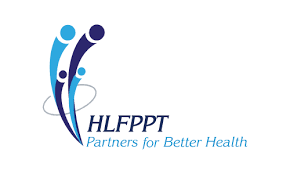
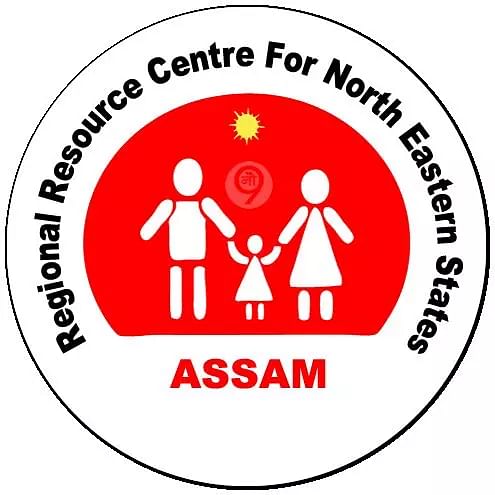



"I am a BBA student of 3rd semester. I hail from Bhutan. I vow that I am having a great experience i...
"AdtU is amazing. I am a BBA student of 2019-22 batch and I am just grateful for the amount of oppor...
Let us be grateful to the people and place who makes us happy. They are the charming gardeners whom ...
Currently I am pursuing MBA in Assam Down Town University. MBA is the professional course through wh...
AdtU is a university that focuses on giving knowledge, education and simultaneously making the stude...
The Assam downtown University has been a great learning experience. The university has provided me w...
My experience with AdtU has been splendid one indeed. Little needs to said about its scenic infrastr...
As a student I am very glad that I have got an opportunity to study here in Assam downtown universi...
My name is Sakhyajit Roy. I?m from Tripura. I joined the university on Auguest, 2017 as a student of...
I share immense pleasure to share my post graduate program experience in Assam down town University....
AdtU is a platform where I got golden opportunities to feed my zeal for knowledge through the dynami...
I am fortunate to get an opportunity to study here in Assam Downtown University. The best thing abou...
Our university is one of the best place for developing ourselves in the field of research and acedem...
ADTU is a university that is very good interms of infrastructure, academics and placements. Our tea...
It is one of best private colleges in North East India, it also provides a good environment for ed...
ADTU is a good University which provides the students with best quality lectures and ensures comfort...
The environment of Assam downtown university is very pleasant.The department of BMLT is very good a...
The university has all the necessary facilities and amenities for students . The classrooms and the ...
Assam downtown University is well recognised all over india. In the ongoing pandemic situation it ha...








